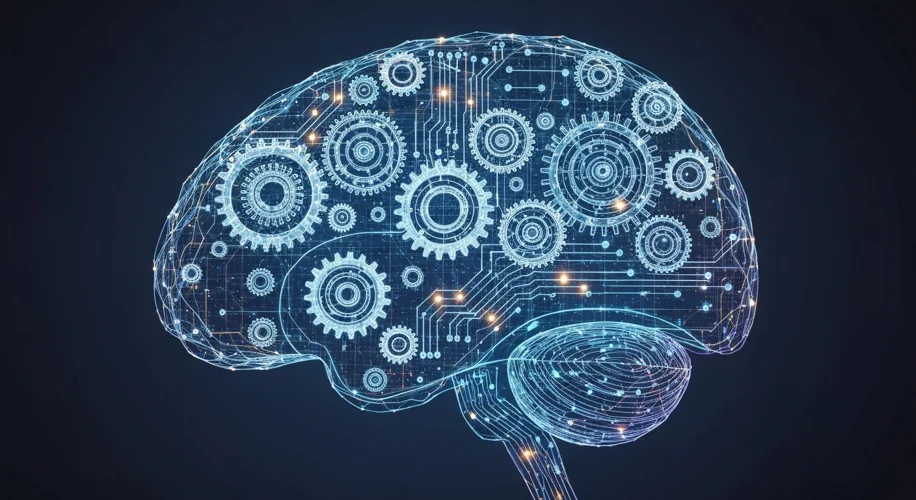It feels like just yesterday we were marveling at AI’s ability to write an essay or whip up an image. Now, the conversation is shifting to something even more intriguing: AI that can check its own work. This isn’t science fiction anymore; it’s a core development in how we’re refining advanced AI models, like the hypothetical GPT-5 Pro.
Think about how we learn. We try something, make a mistake, recognize the error, and adjust. It’s a feedback loop that leads to improvement. For a long time, AI development relied on human experts to identify flaws in AI outputs and then retrain the models. This process can be slow and expensive, especially as AI systems become more complex.
The concept of “AI self-critique” is a significant step forward. It essentially means we’re building AI systems that can evaluate their own performance. Imagine an AI generating a piece of code. Instead of waiting for a programmer to find bugs, the AI itself could analyze the code, identify potential errors, and then rewrite it to be more efficient or accurate. This is especially valuable for complex tasks where human oversight might miss subtle issues.
This iterative refinement process promises more reliable and sophisticated outputs. For a long time, a major hurdle for AI has been its tendency to “hallucinate” – to generate information that sounds plausible but is factually incorrect. By empowering AI to self-critique, we’re giving it a mechanism to catch these errors before they reach us. It’s like giving the AI an internal editor.
This technique allows an AI to generate an initial output, then use another part of its own system – or a specialized critique module – to evaluate that output against certain criteria. If flaws are found, the AI can then revise its original output. This cycle can repeat, ideally leading to a much higher quality final product. It’s a way to push the boundaries of AI performance by making the AI itself an active participant in its own improvement.
From my perspective, having spent decades in the software industry, this is akin to building more robust testing and debugging capabilities directly into the development lifecycle of AI. It’s not just about making AI smarter; it’s about making it more trustworthy. As AI systems are increasingly used in critical areas, from healthcare to finance, their accuracy and reliability are paramount.
While we’re still navigating the nuances of this technology, the potential is clear. AI that can self-critique is a crucial strategy for creating more sophisticated, dependable AI that we can integrate more confidently into our lives. It’s a move towards AI that doesn’t just perform tasks, but also understands and corrects its own shortcomings.

